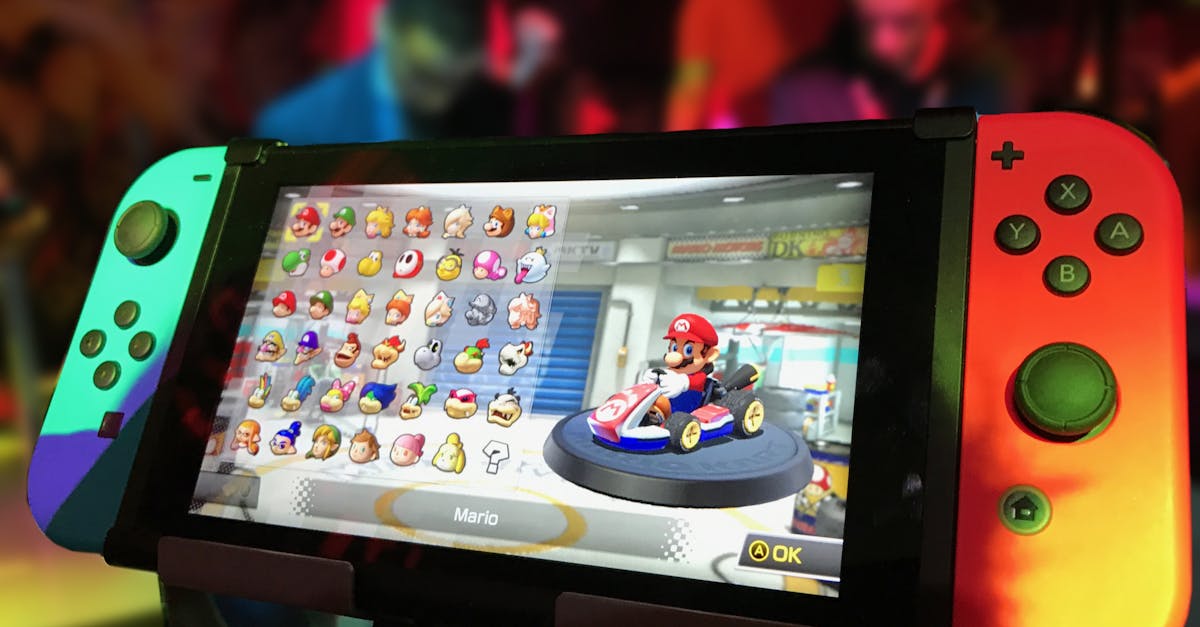Late last month, Nintendo made headlines when it announced that a classic title from the Super Nintendo Entertainment System would be removed from its Switch Online library. This decision has sparked discussions among gamers and fans about the implications of such removals in the digital era. With a growing collection of retro games available, it’s vital to keep track of changes to ensure that treasured titles remain accessible. In this article, we’ll delve into the details surrounding this announcement, explore the impact on players, and highlight the importance of preserving game history. Additionally, we will discuss trends in digital gaming libraries and how they affect access to nostalgic titles.
The Announcement
On [insert date], Nintendo revealed that the beloved title, [insert game name], will no longer be available on the Switch Online service come [insert removal date]. This announcement led to an uproar on social media, with fans expressing their concerns regarding the limited timeframe for access to classic games. As one user aptly put it:
“Every time a classic is removed, it’s like losing a part of history.”
This news has shed light on the fleeting nature of digital ownership. Unlike physical copies, digital titles can vanish from libraries, often without adequate warning, leaving users scrambling to enjoy them before they’re gone. In this chapter, we will analyze the reasons behind such decisions and what they mean for gamers relying on services like Nintendo Switch Online.
The Impact on Gamers
The removal of games from digital libraries not only disrupts gaming habits but also impacts the broader gaming community. For many, titles like [insert game name] are not just games; they are integral to their identity as gamers. The removal can evoke a sense of nostalgia for the experiences tied to these games while feeling a sense of loss when they disappear.
Moreover, collectors and digital consumers might see this as a warning sign—pushing them to procure physical copies of games before they skyrocket in value. Understanding the dynamics of game removal can empower players to act decisively in safeguarding their gaming experiences. Gamers can learn more about this phenomenon in this article.
Preserving Video Game History
As we move further into the digital age, questions about preserving video game history become increasingly crucial. Can we rely entirely on companies like Nintendo to maintain an accessible library of their legacy titles? The answer is not straightforward. While digital platforms offer convenience, they do not guarantee permanence. Industry experts emphasize the importance of archiving games and creating initiatives to preserve classic titles.
Organizations such as the Video Game History Foundation work tirelessly to preserve this medium’s rich history. They advocate for the importance of documentation, preservation of source code, and accessibility to ensure future generations can enjoy video games just as we have.
The Shift to Digital Libraries
As more gamers transition to digital libraries, companies are also adjusting to this shift. Subscription models like Nintendo Switch Online provide us with more annual access to a curated collection of games, but they also raise questions about ownership and availability. Are we merely renting games when we sign up for these services?
This chapter will explore the differences between owning physical copies and subscribing to digital services. While the convenience of digital access is undeniable, it also begs the question: are we losing our ability to enjoy our favorite titles whenever we wish? A deeper analysis of these trends reveals critical insights into the future of gaming.
Community Reactions
The gaming community has responded with a mix of disappointment and nostalgia. Many fans took to social media platforms to voice their concerns, with trending hashtags revealing the outpouring of emotions tied to this game removal. As discussions continue online, players are leveraging their voices to bring attention to the need for better communication from companies regarding their decisions.
In this light, it becomes essential for gaming companies to engage their audience. Offering opportunities for fan feedback could lead to more transparent practices that acknowledge players’ emotional investments in classic titles. Suggestions from the community could pave the way for better preservation strategies.
Conclusion
In conclusion, the announcement of the removal of [insert game name] from the Nintendo Switch Online library serves as a reminder of the impermanence that digital gaming often embodies. As we embrace the convenience of digital platforms, we must also advocate for the preservation of gaming history, ensuring that valuable titles remain accessible.
As consumers, we must remain vigilant, ensuring that the voices of the gaming community are heard. Key takeaways from this situation include understanding the significance of game preservation and advocating for transparency in the digital realm. While Nintendo’s decision may be disappointing, it opens the door for discussions on how we can better preserve our beloved gaming legacies for future generations. Let’s keep the conversation going and work towards a more sustainable approach to our gaming history.
